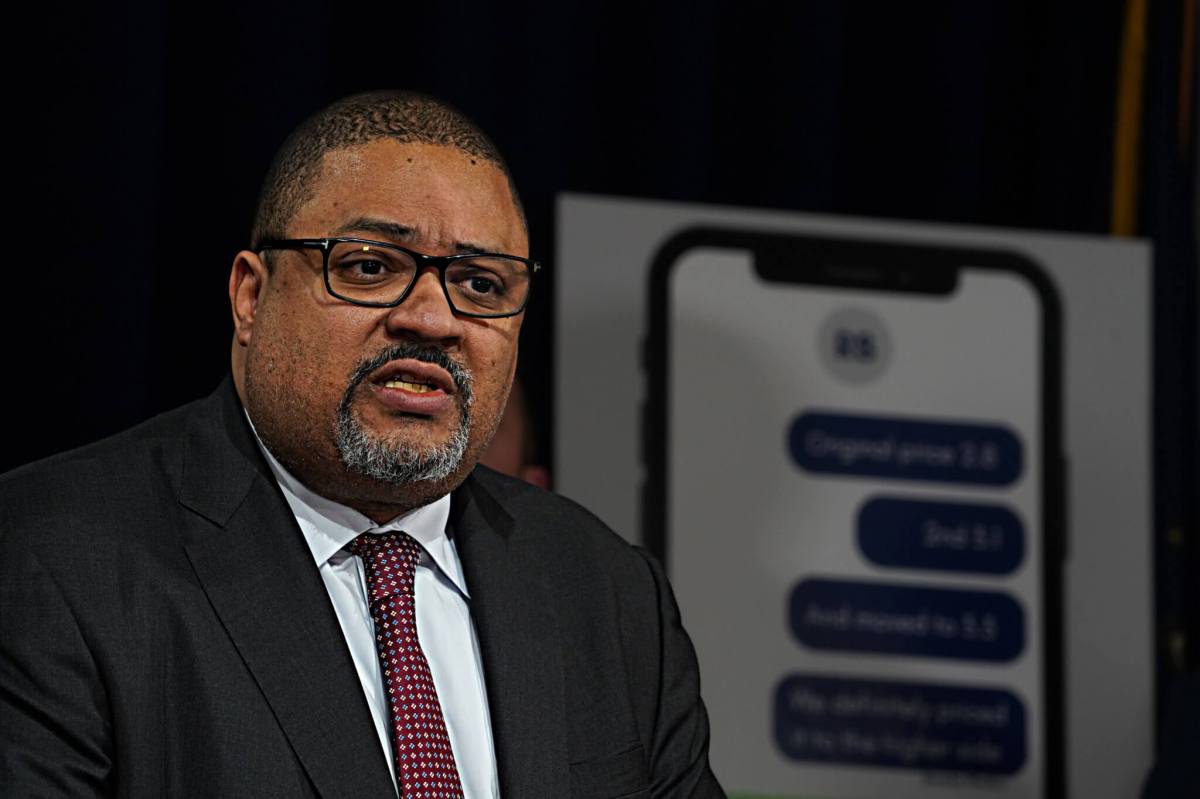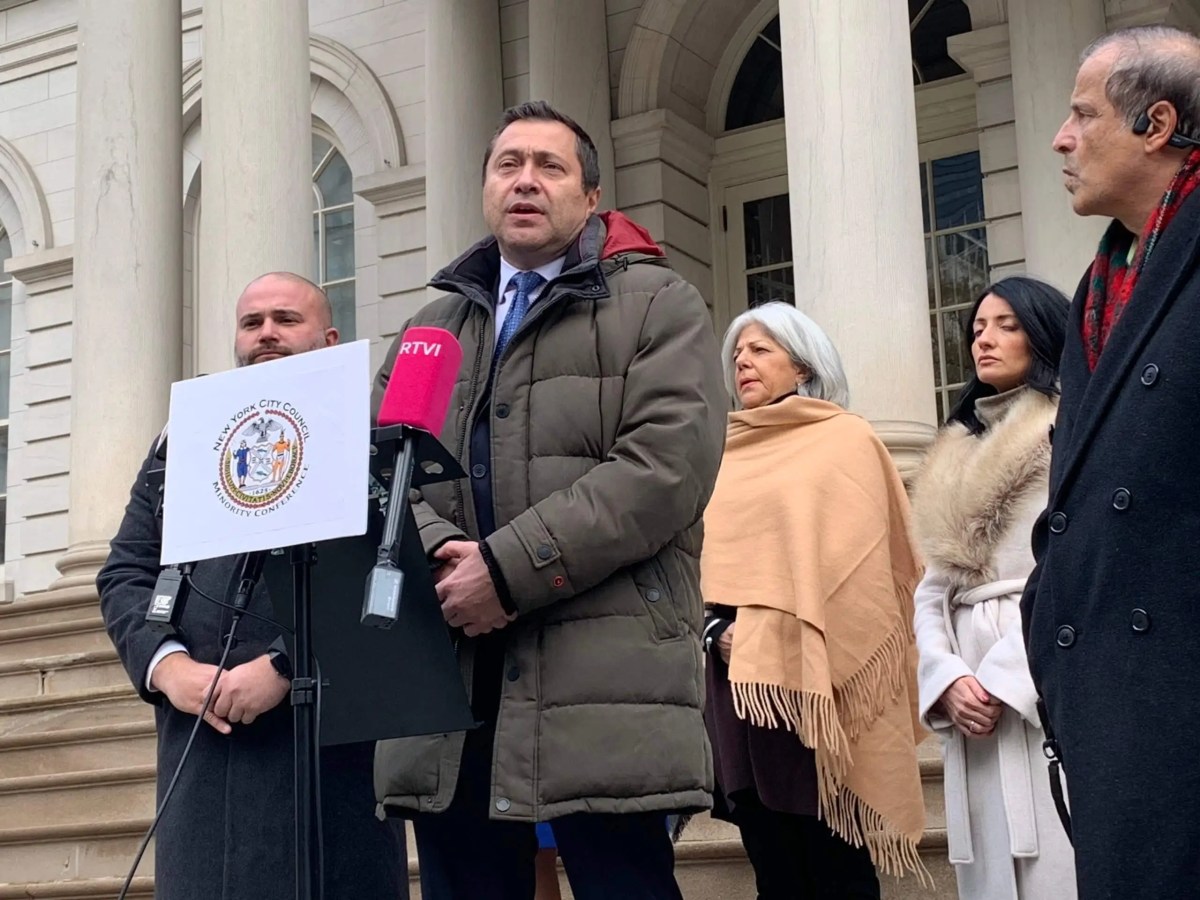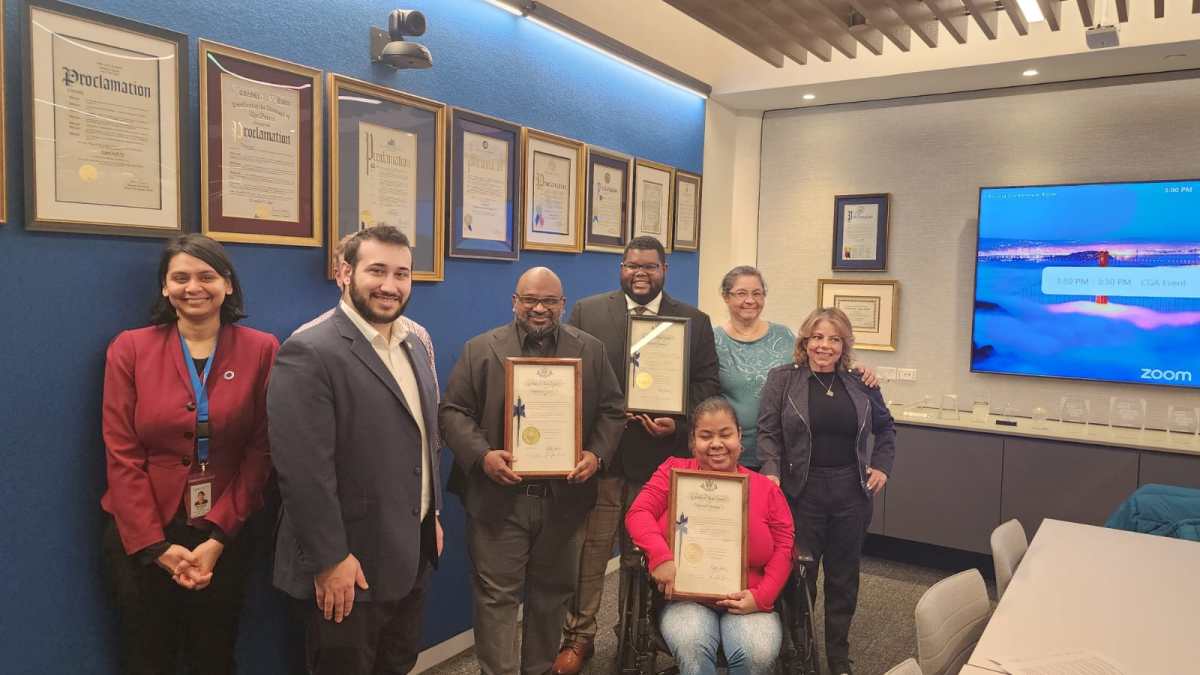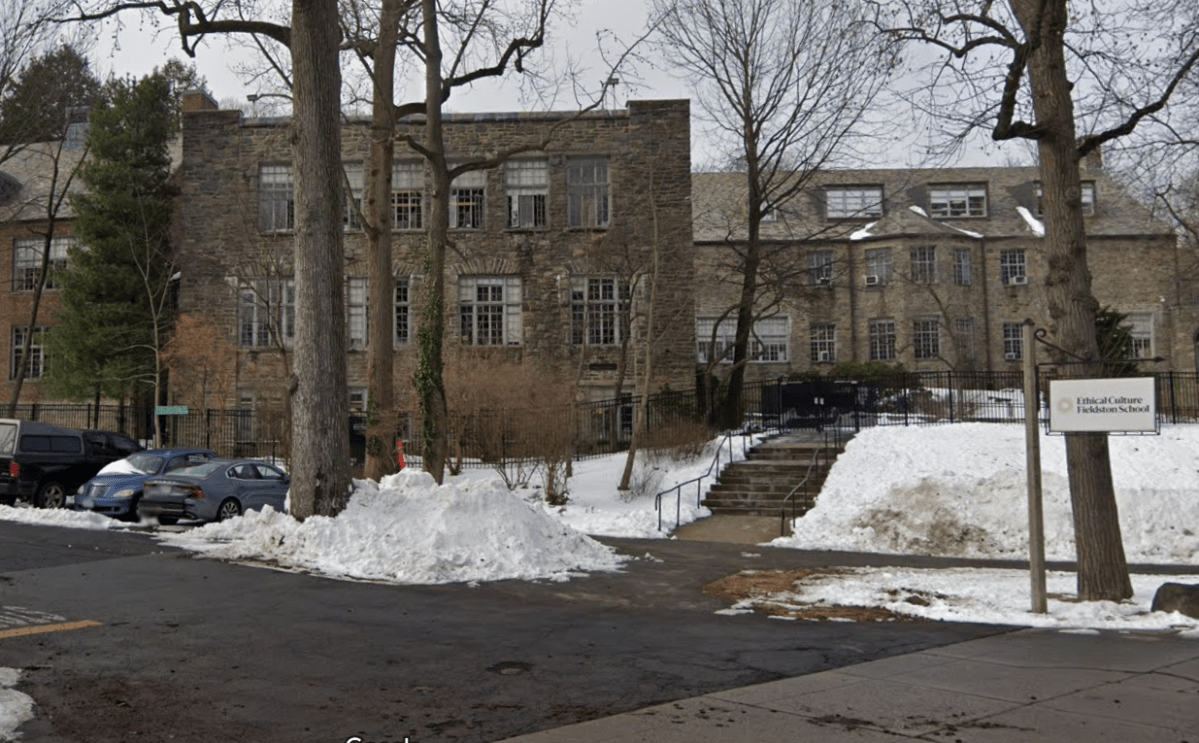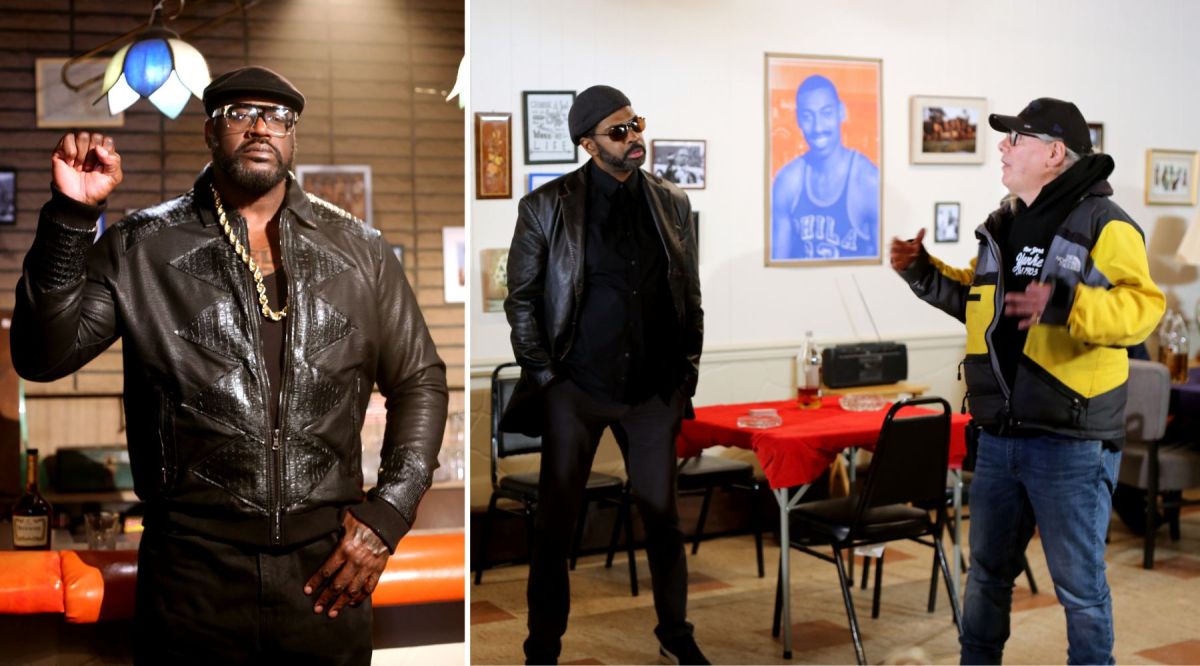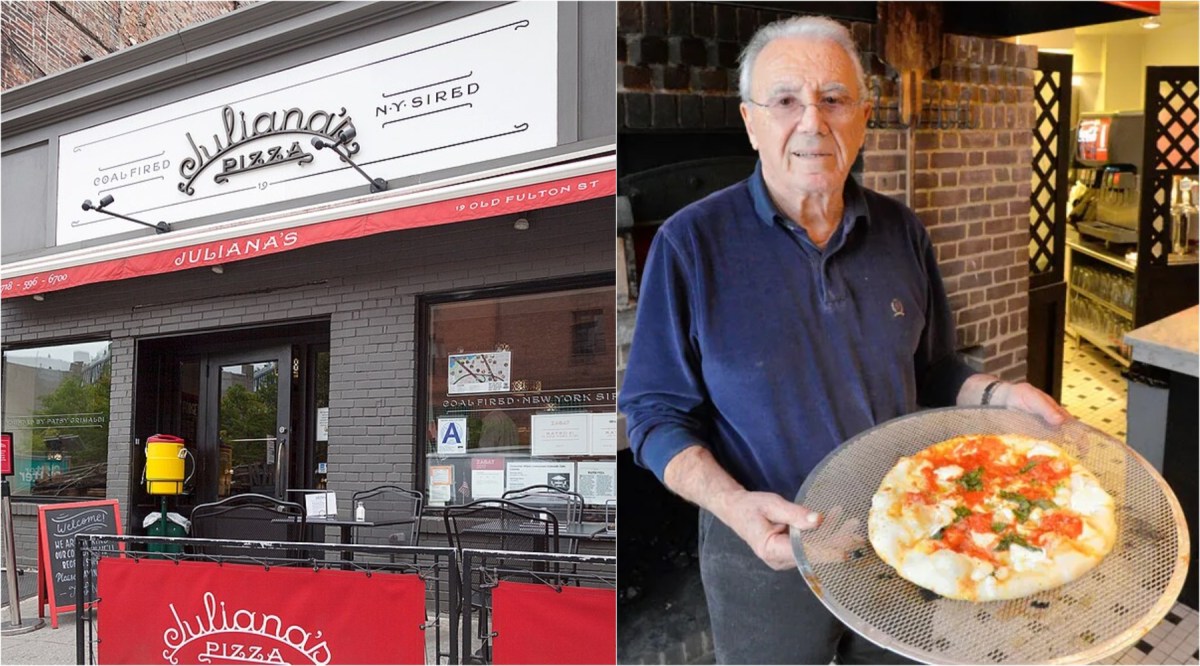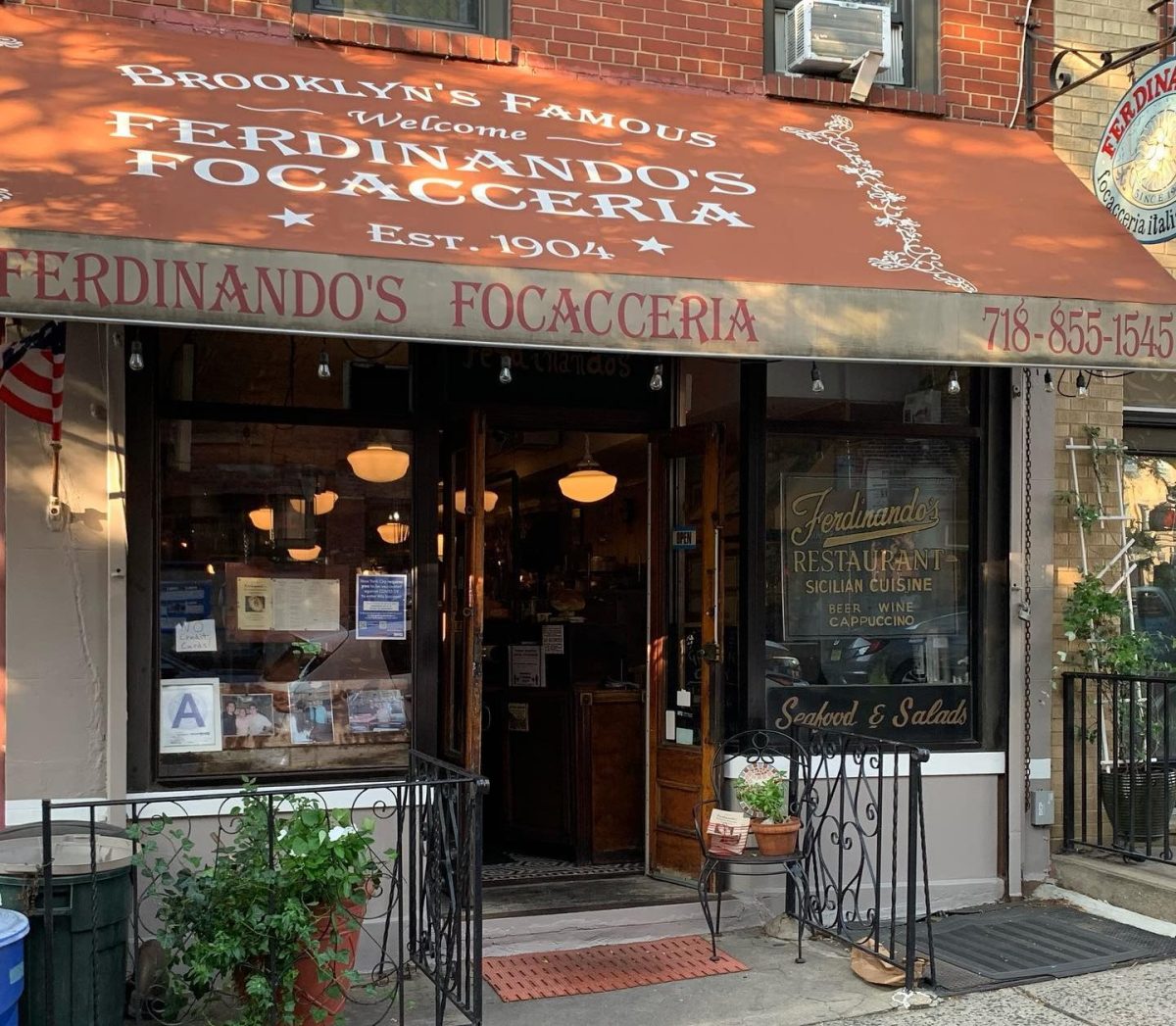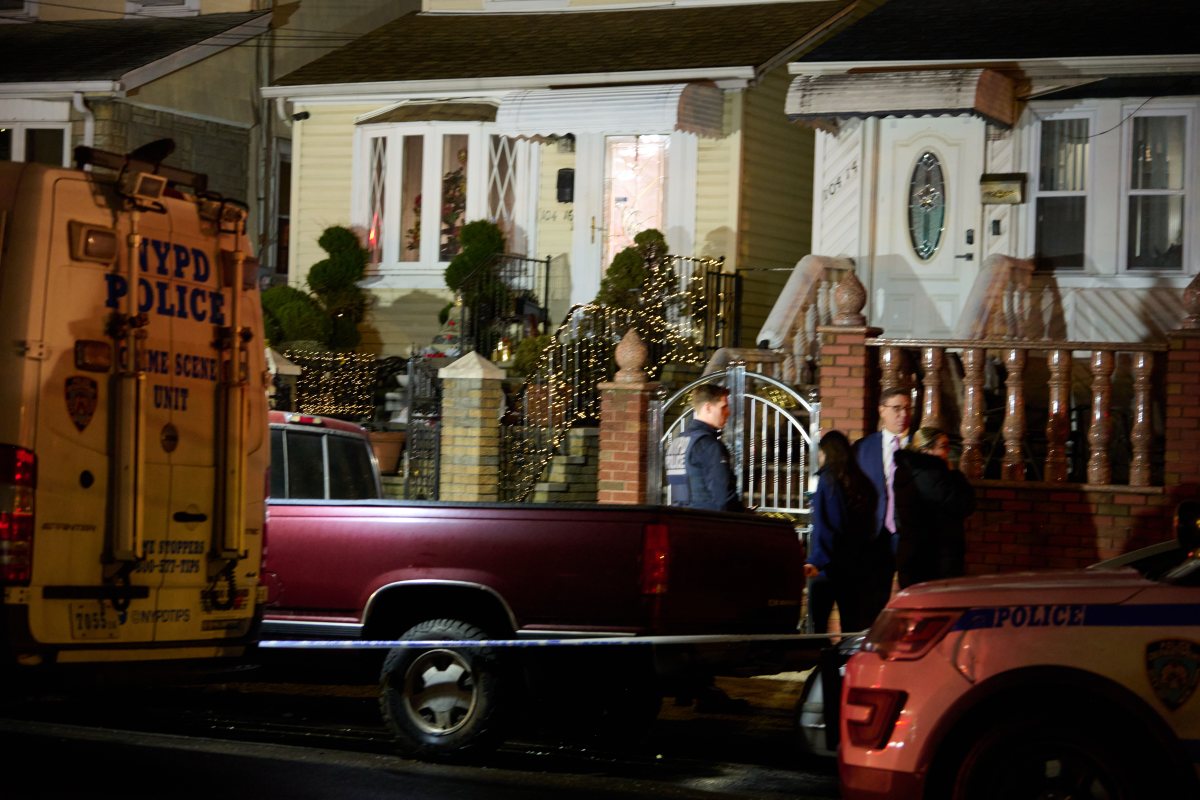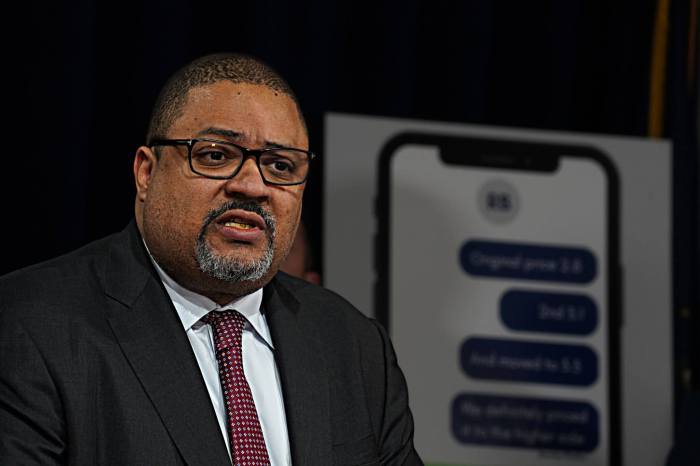
Dr. Oxiris Barbot knows what it’s like to be denied care when you don’t have the “right” kind of health insurance.
Barbot was just a youngster when her mother took her to see a pediatric orthopedic surgeon to treat an injured, swollen knee.
“I remember distinctly standing in the waiting room, having the doctor come out and saying, ‘I don’t take Medicaid, but you can put ice on that,’” said Barbot, 53, who took over as the New York City Health Commissioner last month. “Those kinds of experiences, especially at a very early age, stick with someone.”
Narrowing the health disparities that exist among communities and ethnic groups is one of Barbot’s passions, as she takes the job she has been preparing for her whole life.

Born at Bellevue Hospital, Barbot is the first Latina to head the city’s Health Department. She lived in the Patterson Houses in the Bronx before moving with her mother to northern New Jersey.
“I like to refer to myself as a Nuyorican,” said Barbot, referring to a term of pride used by New Yorkers with deep Puerto Rican roots. “I have sort of this bicultural experience … I think having a foot in both those worlds really informed my outlook on what it means to have a healthy community.”
The city has spent years tracking and tackling the health disparities among some New Yorkers. Despite some improvements, they remain stark.
For example, recent Health Department statistics show life expectancy for people who live on the Upper East Side is nearly 11 years longer than for people who live in Brownsville, 85.9 years compared to 75.1 years.
The rate of infant mortality is almost double for African-Americans when compared with the rest of the city. While the number of teen pregnancies has gone down over the years, the rate is highest in the South Bronx.
City Councilman Mark Levine, chair of the Health Committee, said another issue facing Barbot and her staff is the persistently high rate of tuberculosis, especially among immigrant groups who are too fearful to seek health care, as well as the rise of e-cigarette use in teens.
“We are also very concerned about the presence of so much added sugar in fast food that is not disclosed,” said Levine, who has authored a bill that would require warning notices. He is hoping Barbot supports the measure.
Barbot graduated from Yale University and the University of Medicine and Dentistry of New Jersey. One of her formative jobs was working as a pediatrician at a community health center in Washington, D.C.
“I’ve always dedicated myself to putting my Ivy League education to use in the community that needed it the most,” she said.
Dr. Ayman El-Mohandes, dean of the CUNY Graduate School of Public Health & Health Policy, said Barbot brings more than impressive educational credentials to the job
“Her life story is a testament to someone who has walked the walk,” said El-Mohandes. “There are certain skills and insights that you build through your life story that are just as important if not more important to the understanding of health challenges today.”
Her time at the health center put Barbot on the track from clinician to commissioner.
Many of the health conditions she treated were the result of inadequate housing, lack of health insurance, lack of economic opportunities and other factors.
Patients with severe asthma, forced to heat their homes by using the stove, would come in on a regular basis.
“They came looking for a doctor’s note to help get higher on a list for better housing,” she said. “That’s not a way to treat a chronic health condition.”
After seeing children with elevated lead levels, Barbot used a spreadsheet to determine they all came from the same building. That work helped spark a Department of Justice inquiry and action for the tenants.
“I got frustrated of seeing this revolving door I had no real power or influence over,” she said. “I wanted to work, as we say, upstream, which looks at how do we change systems.”
Barbot returned to New York in 2003 to serve as medical director at the Office of School Health at the city’s Health and Education departments, where she developed an electronic health record.
A chance to run Baltimore’s Health Department led to her Charm City in 2010. She launched a “Healthy Baltimore” initiative and oversaw a dramatic drop in the infant mortality rate.
In 2014, she came back to the New York City Health Department for a first deputy commissioner post. Barbot was tapped to take over the top job by Mayor Bill de Blasio after Dr. Mary Bassett stepped down.
“I think the commissioner’s background as a pediatrician and working in the school system is one of the most important qualifications you can have today,” said Fred Hyde, a clinical professor at Columbia University’s Mailman School of Public Health.
Barbot said she is “focused on elevating the conversation around what constitutes health, so when we think of health [we’re] not just thinking about physical health, but thinking about mental health.”
She credited First Lady Chirlane McCray’s strong and public commitment to mental health advocacy.
And Barbot’s own personal admission of struggling to deal with her father’s suicide as a child has led to an outpouring of support from New Yorkers.
“If we as adults don’t feel comfortable talking about the hard stuff, how then do we expect our children to learn good coping skills?” she said.
She follows a health regimen that includes exercise and healthy eating but admits to easing a sweet tooth with dark chocolate on occasion. Barbot also meditates every day, something she thinks is beneficial for everyone.
“We have to give ourselves, as adults, a time out,” she said.



